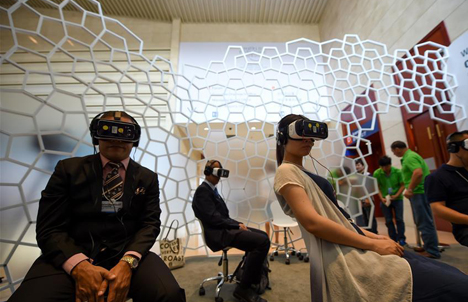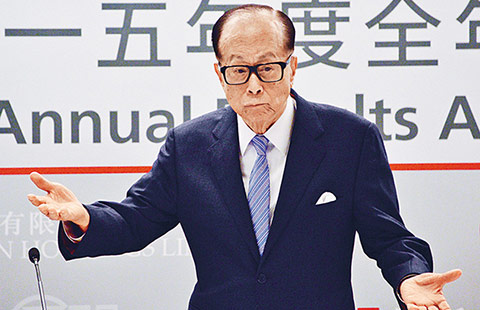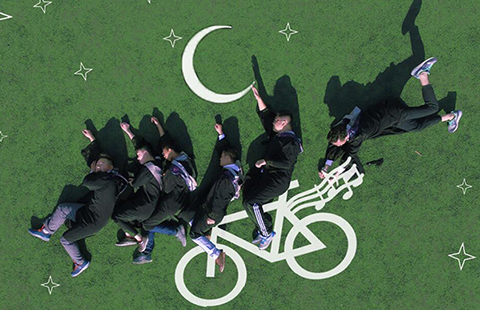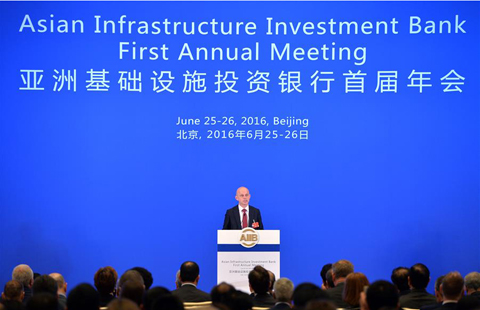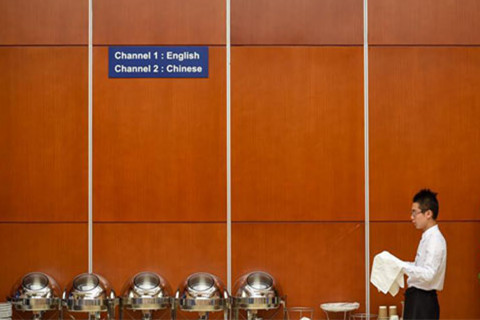Cosmetics giants brush off any talk of slump in China
By Yao Jing (China Daily) Updated: 2012-11-24 09:09Top names drive up sales 16.5% in the first 10 months to $17.3b
You don't need a crystal ball or an industry analyst to tell you that the 13-percent drop in imports of cosmetics into China for the first half of this year was probably a blip.
|
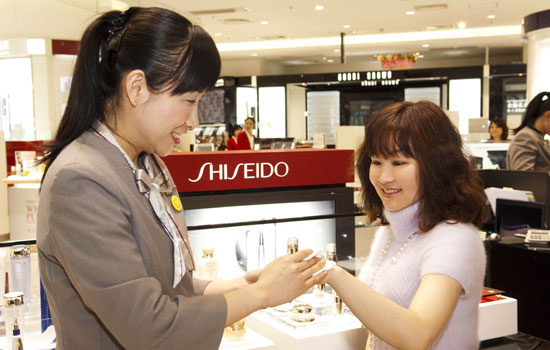 |
|
Japan's Shiseido Group has maintained annual double-digit sales growth in China since 2004. [Photo/China Daily] |
True, the volume of cosmetics imports dropped heavily compared with the same period last year, according to the China Luxury Report 2012.
But retail sales of cosmetics in China rose 16.5 percent in the first 10 months of the year, totaling 107.7 billion yuan ($17.3 billion), compared with the same period last year, according to figures from the National Bureau of Statistics.
"The market is still growing, but just at a slower pace than in previous years," said Wang Jiajun, an analyst with China Market Research Group of Shanghai.
But the strongest evidence that China's cosmetics industry is coasting, comes from the massive expansion plans being made by some of the industry's biggest international companies - such as Estee Lauder Companies Inc and Mary Kay Inc of the United States and Shiseido Group of Japan.
Industry figures show there are more than 5,000 cosmetics companies in China, 90 percent of which are small or medium-size domestic brands.
However, international brands have a market share of more than 80 percent, according to Global Entrepreneur, a leading business magazine in China.
A recently published report, Beauty and Personal Care in China 2012, by Euromonitor International Ltd, highlights how multinationals offer more brands and products across a range of categories and prices.
Estee Lauder, which sells 12 of its 28 cosmetic brands in China, is arguably making the biggest splash among those multinationals, by doing what many companies rarely attempt - introducing an entirely new brand.
Known for its Estee Lauder, Clinique and Bobby Brown brands, the company has introduced a new line called Osiao, which specifically caters to Chinese consumers.
Osiao was launched in Hong Kong in November and is expected to be launched in the mainland in early 2014.
"China has become the company's third-largest market following the United States and Britain with a turnover of $500 million in the 2012 fiscal year that ended June 30," said Fabrice Weber, president of Estee Lauder's Asia-Pacific division, in an interview with 21st Century Business Herald.
Apart from major cities such as Beijing, the company is focusing on high-end consumers in second- and third-tier cities.
Since 2002, when the company established a Shanghai office, Estee Lauder products have been sold in around 60 Chinese cities.
- Expanded Panama Canal reflects megaship trend
- Soaring nev industry must 'slow down', says expert
- Companies embracing robotics for production efficiency, profit
- Technology giant bets on its leadership
- Chairman of NDRC says effects of EU changes on China are limited
- Schwab: World will adjust to Brexit
- No big Brexit worries for now
- Visitors try at exploration zone on Summer Davos Forum in China's Tianjin

